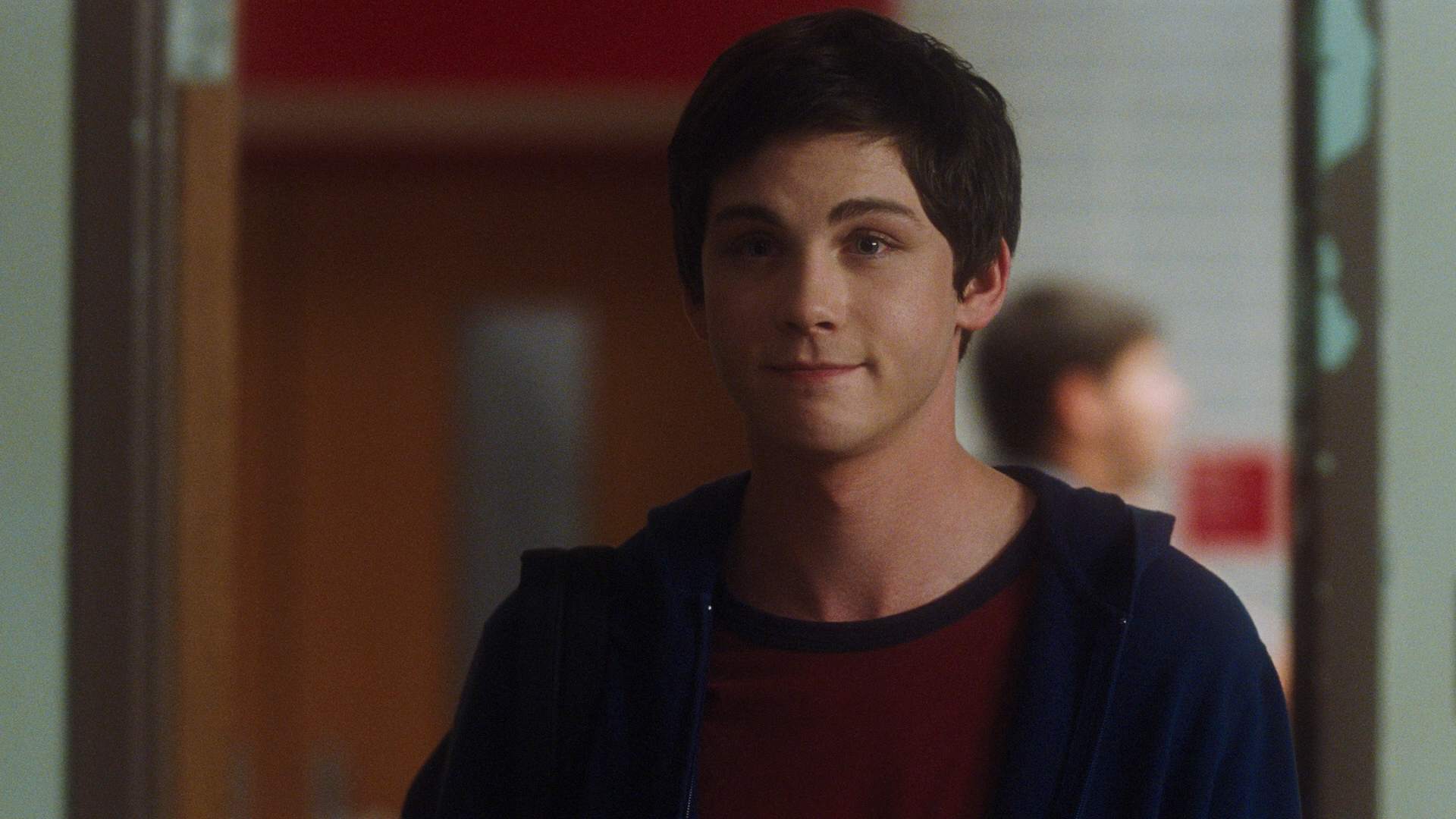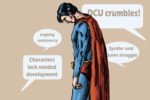The Movie that Explained It All
Charlie from “Perks” will open your eyes to the struggles of dealing with mental illness.
By Joanne Paquin, Emerson College
The first time I saw the “Perks of Being a Wallflower,” I was a senior in high school.
I was sitting in an empty movie theater with two close friends on a weekday night, expecting an uplifting, coming-of-age story about friendship and high school struggles starring our hero Emma Watson—a judgment based solely on the trailer for the film since none of us had read the book.
One hour and forty-two minutes later, the three of us sat in absolute silence blankly staring at the rolling credits. We weren’t silent because we didn’t have anything to say about the film, but because we were physically unable to speak. Our throats had closed up, our cheeks wet with tears. We stared at the rows of chairs before us because we couldn’t make eye contact with each other.
I felt violated. Exposed. Vulnerable. But it wasn’t necessarily in a bad way. It was the first time I had seen a movie that had actually gotten it. That understood me. That conveyed emotions and thoughts that I experienced. And though my friends weren’t saying it, I could sense they felt the same way.
The film made me feel both recognized and invisible, and I didn’t know what to make of it.
“The Perks of Being a Wallflower” came out in September 2012. It follows the story of Charlie (Logan Lerman), a socially awkward teen who lives life on the sidelines. But he starts to come out of his shell when he meets Sam (Emma Watson) and Patrick (Ezra Miller), two charismatic siblings that bring Charlie into their social group composed of misfit high school seniors.
Throughout the course of the movie—and the novel, which I read shortly after seeing the film—Charlie’s confidence grows. He experiences new music, friendship, first love and his desire to become a writer. He watches his friends grow and fall and empathizes with them along the way. But when his friends graduate and then prepare to leave for college, his confidence starts to shatter. The pain comes back to him. He sits at his desk and smacks his face, mumbling to himself, “Stop crying. Stop crying.” He calls his sister and blames his aunt’s death on himself. He wanders around the house, banging his head against walls trying to make the pain stop. Then we see the knife. And then we see that Charlie sees the knife.
It was the most gripping and unnerving scene in the movie, and to somebody who understood and deeply empathized with Charlie, it was traumatic to watch.

It helped to talk about it with my friends once we were able to compose ourselves. Later that evening over milkshakes and French fries, one of my friends discussed how she saw Charlie’s suicide attempt coming.
“There were so many signs,” she said. He delivered heartfelt goodbyes to each of his friends and then his sister. He expressed how he felt like a burden. He took risks. Abused drugs. He gave away items of importance to him.
She was knowledgeable about suicide and depression and felt this movie did a good job at portraying it. After going home and conducting my own research, I agreed.
To both of us, Charlie represented mental illness. He represented depression, social anxiety and isolation. He put into words thoughts and feelings that a lot of people struggle to understand, including myself.
For example, toward the end of the film, Charlie talks to his doctor played by Joan Cusack:
Charlie: There is so much pain. And I-I-I don’t know how to not notice it.
Dr. Burton: What’s hurting you?
Charlie: No, not…not me. It’s them! It’s…it’s everyone. It never stops. Do you understand?
I understood, I wanted to tell him. It’s your close friends stressing out over bad grades and home problems. It’s your parents’ financial crises and the death of your cat. It’s knowing that there is so, so much unnecessary and misplaced hate in the world. Not only are you bearing the weight of your own problems, but you’re carrying everyone else’s pain as well. And at a certain point it becomes too much.
But despite all the bad, there is still good, and it leads to moments of confusion. Should I be laughing when children are being bombed in Syria? My friend’s dad just killed himself, but somehow we’re finding this art assignment amusing? “…I am both happy and sad, and I’m still trying to figure out how could that be,” Charlie says during the film, and I nod in agreement.
Prior to the film, I had never understood how to explain those feelings. Suddenly I had the words—Charlie’s words—and with those words I could not only explain the sentiments to others, but most importantly, I could explain them to myself.
Watching the movie again as a senior in college, four years after the movie came out and maybe three years since my last viewing, I found that I still related heavily, if not more so, to the situations and emotions the characters experience. But this time I found myself emotional during the closing tunnel scene, when Charlie delivers his last letter.

He says, “I can see it. This one moment when you know you’re not a sad story. You are alive. And you stand up and see the lights on the buildings and everything that makes you wonder. And you’re listening to that song and that drive with the people who you love most in this world. And in this moment, I swear, we are infinite.”
Upon his last word they burst out of the tunnel and David Bowie’s “Heroes” engulfs them. It’s a complete shift in tone, as if bursting from that tunnel, Charlie is suddenly light again. The burdens he carried were gone. The self-hatred, gone. Maybe it was only a temporary fix, but it was enough. It was enough to know you could feel this way.
I loved the way the transition made me feel. I downloaded the audio to Charlie’s last letter as well as to David Bowie’s song so that whenever I needed a pick-me-up, I could play the two MP3 files side-by-side. That transition, that tonal-shift, it made me feel good. It made me feel light.
“The Perks of Being a Wallflower” not only helped me understand mental illness, but it helped me better understand myself.
And for that I owe Charlie a whole lot.
*If feeling suicidal, it’s important to seek help: https://suicidepreventionlifeline.org/


















[…] ▲《壁花男孩》受許多人喜愛(圖片來源) […]
[…] How “The Perks of Being a Wallflower” Helped Me Understand Mental Illness […]